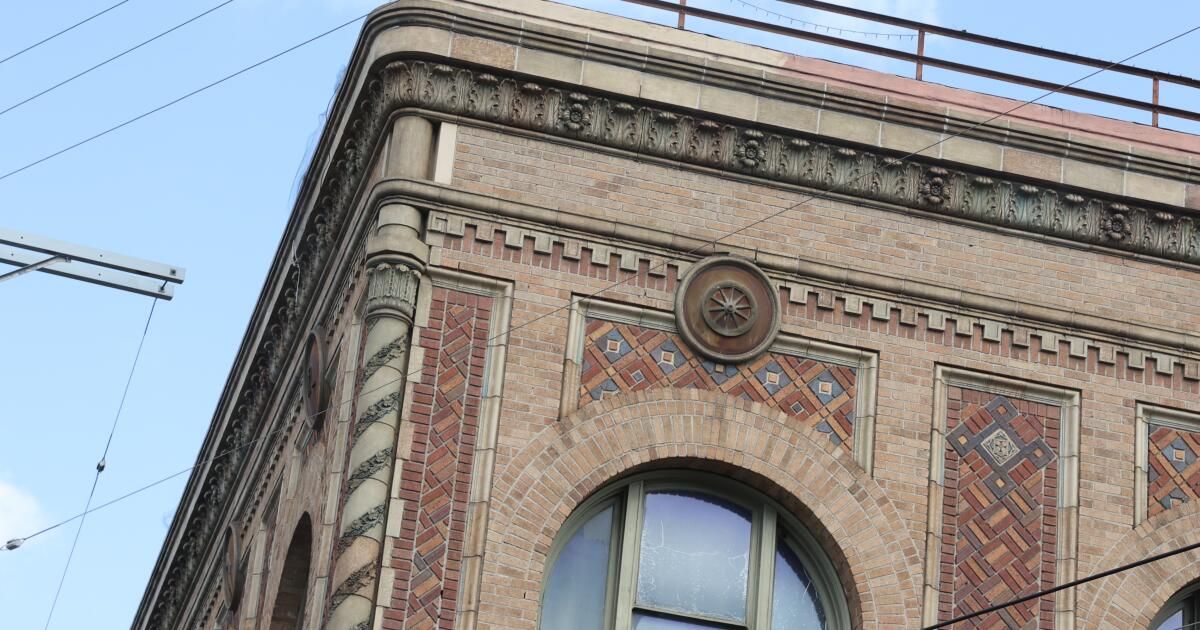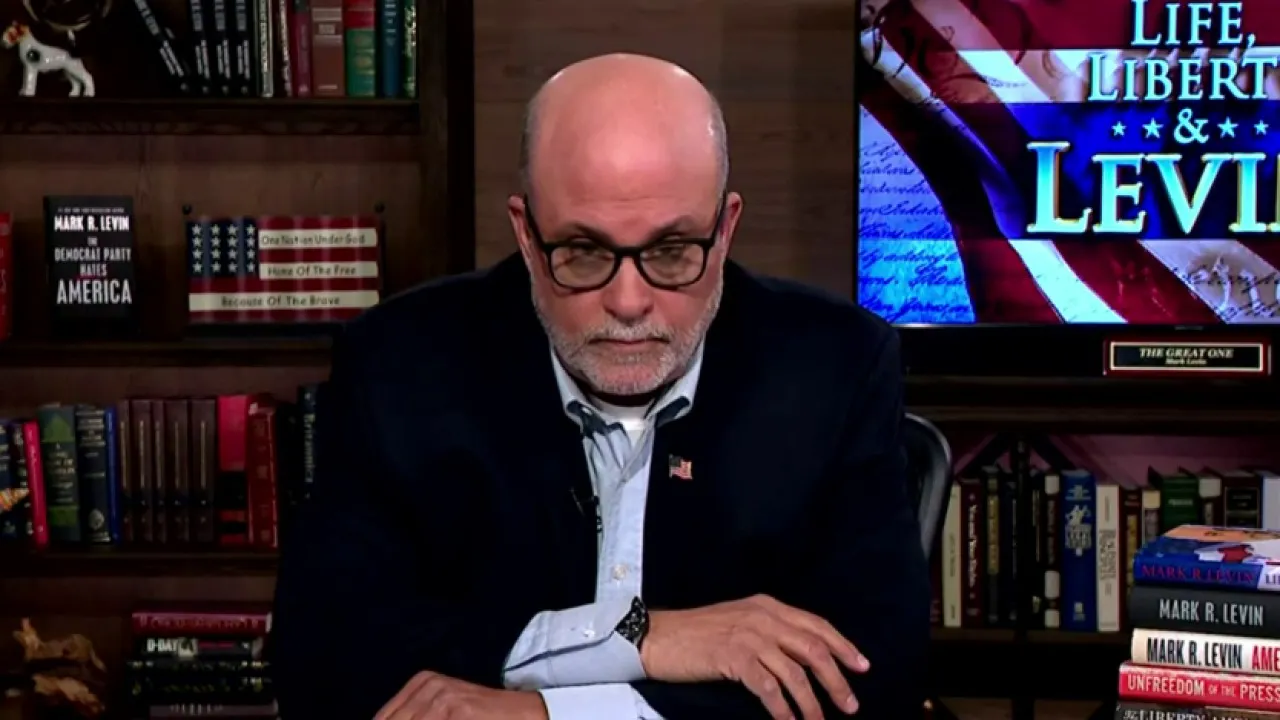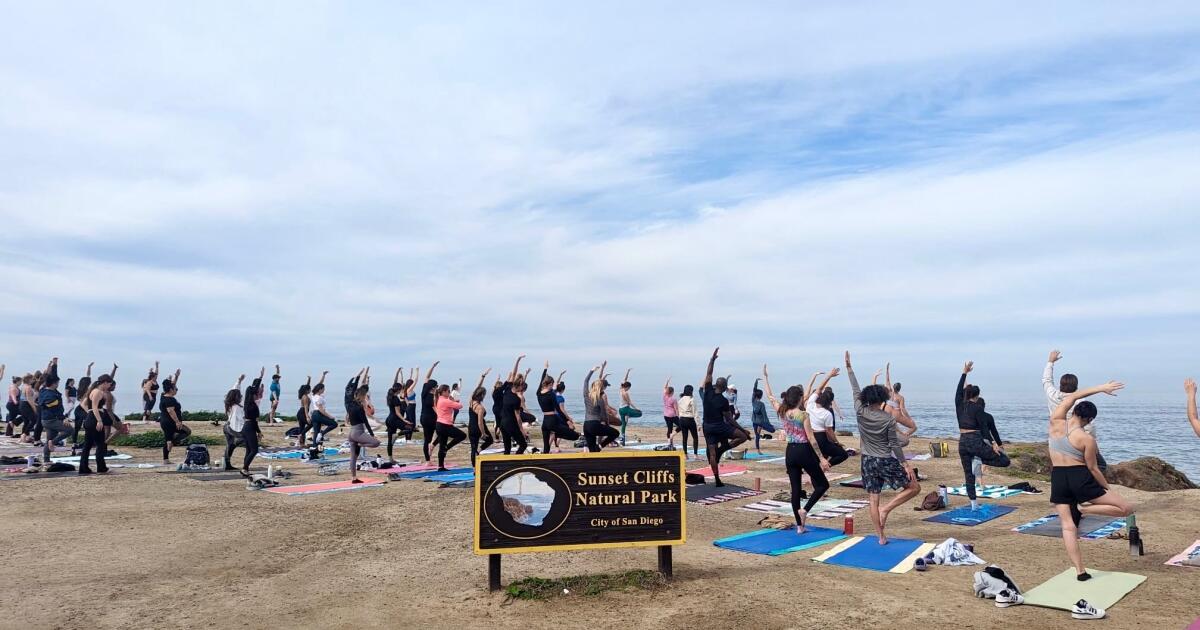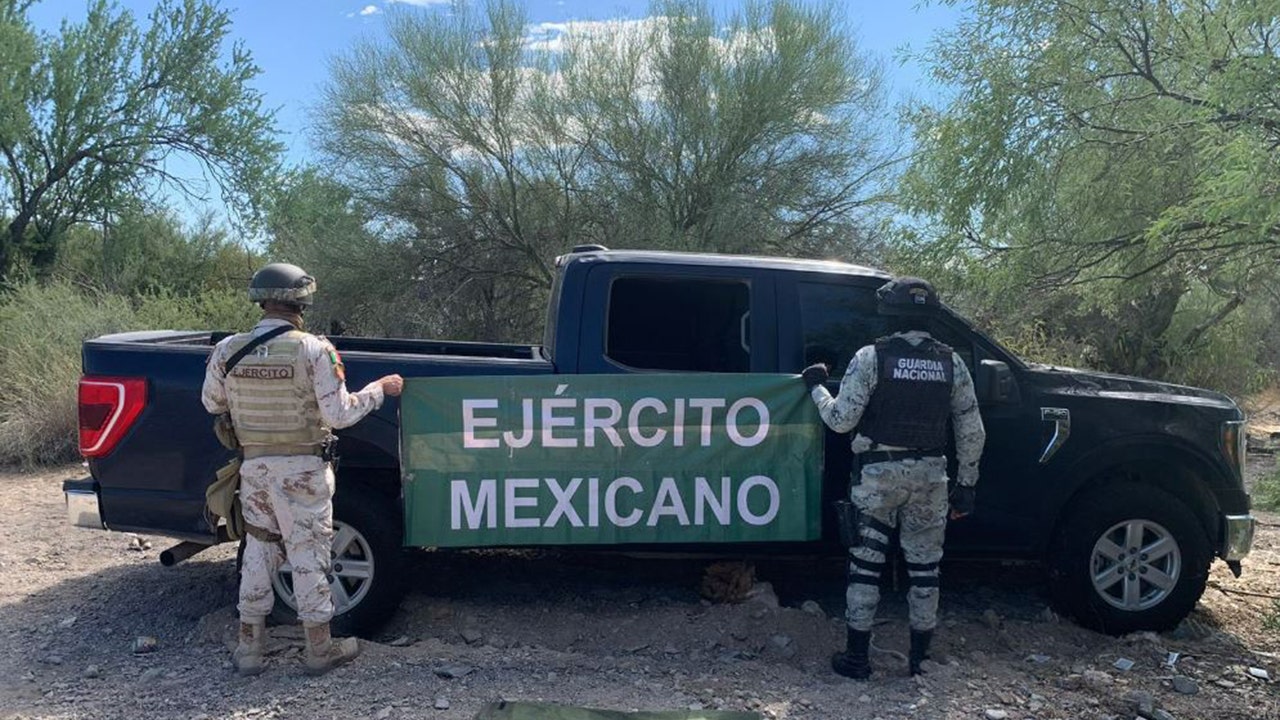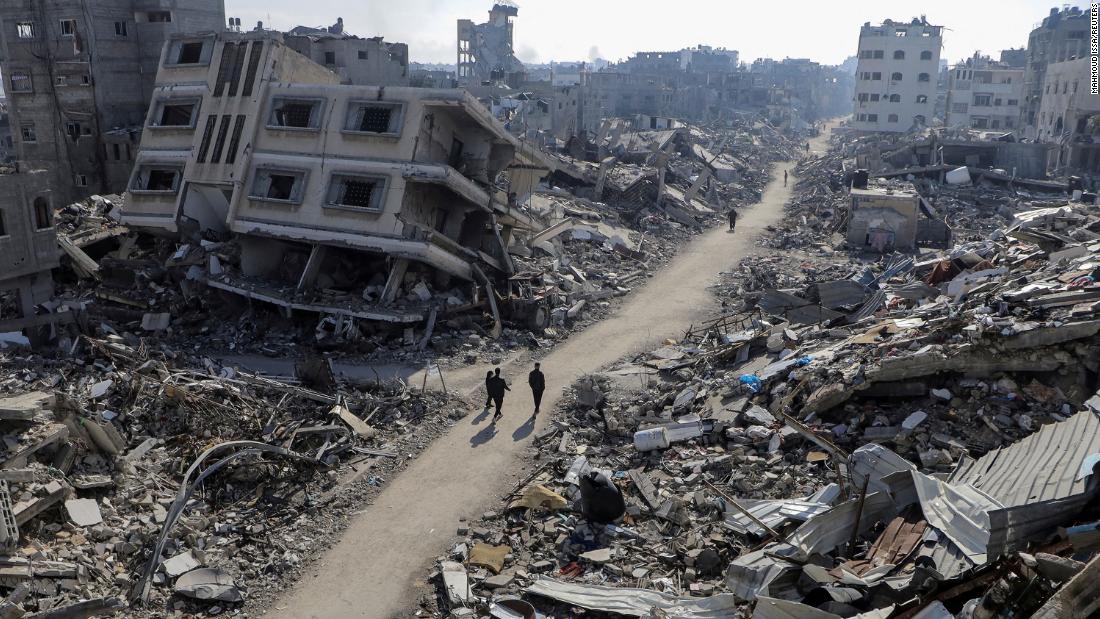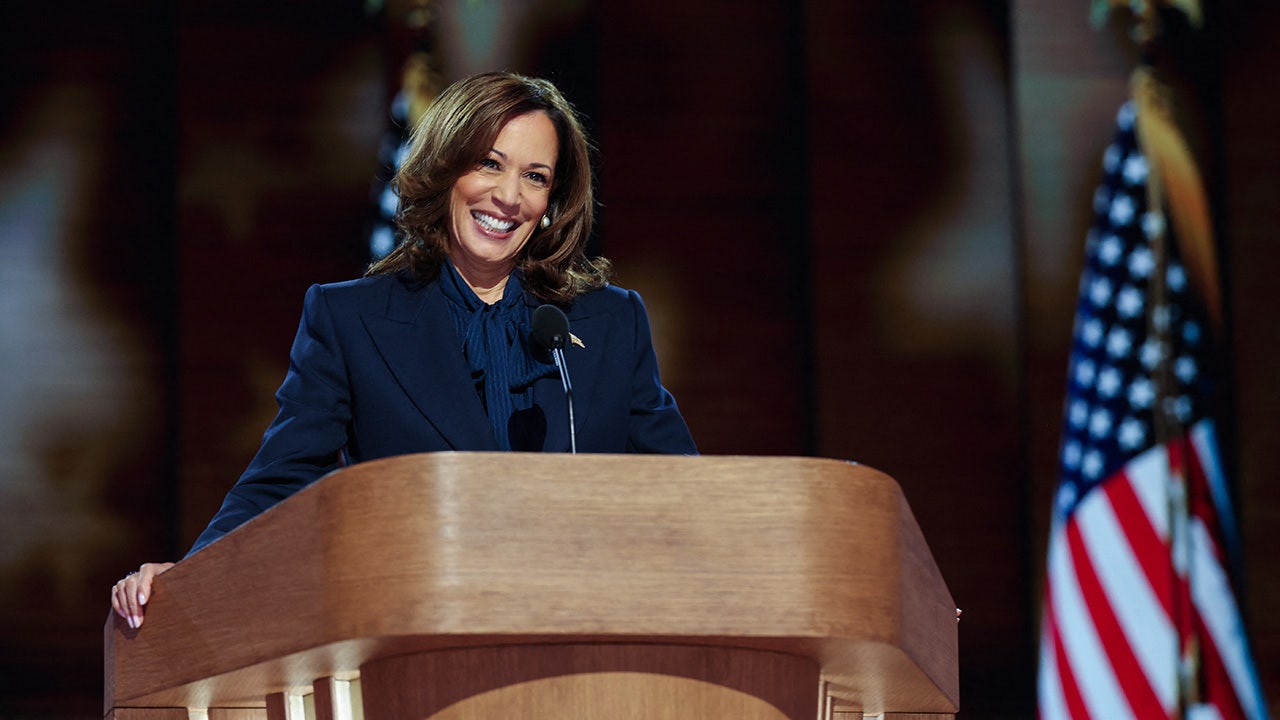The Los Angeles City Council voted unanimously Friday to allow the demolition of a century-old building in the Westlake neighborhood that served as a Jewish landmark and later the heart of labor organizing in the city.
The vote was a victory for Catholic Charities, which purchased the building historically known as B'nai B'rith Lodge in 2018 but later said it was “severely deteriorated and structurally unsound” and could threaten the safety of the surrounding neighborhood.
Catholic Charities, a nonprofit tied to the Archdiocese of Los Angeles, filed a lawsuit against the city in 2023, alleging that it had wrongly been denied permission to tear down the ornate 1924 structure.
The group said in court documents that the city would not allow demolition of the property on South Union Avenue because it “may be historic,” making it subject to further additional review, as well as because any future projects on the lot must comply with The California Environmental Quality Act.
Community advocates and preservationists argued that a possible demolition would be a blow to the crucial history of Los Angeles. Instead, they urged Catholic Charities to repair the building and put it into use.
The Rev. Dylan Littlefield, a chaplain at the Cecil Hotel who has been involved in preservation battles, said demolition of the shelter would mean the destruction of a place that was a “testament to the resilience and diversity of the city of Los Angeles.” “
Esotouric, a travel company that advocates for historic preservation and public policy, told the Times before the deal vote was announced that the public should have a chance to comment. The company called the lawsuit – and any potential settlement – a potential “land use decision regarding the right to demolish a cultural resource.”
The city attorney's office declined to comment, citing pending litigation.
The B'Nai B'rith lodge was designed by famous Jewish architect Samuel Tilden Norton, who also designed the Wilshire Boulevard temple.
It was built in the early 1920s as the headquarters of a Los Angeles chapter of B'nai B'rith, a Jewish service organization with roots in New York. At that time, B'nai B'rith members felt a “desire to really be accepted by city leaders,” according to Steven Luftman, a heritage conservation consultant.
“They felt that if they just built a large enough meeting room, it would be a step toward being recognized as part of the community,” said Luftman, who wrote a request for the lodge to be considered a historical-cultural monument.
After a few years of being a community center for Los Angeles Jews, the building was sold in 1930 to the Fraternal Order of Eagles. It then had a brief tenure as the clubhouse of the Safeway Employees Association. before becoming the headquarters of Joint Council 42 of the American Federation of Labor Teamsters.
It became the site of rapid growth in the union movement and is where the Teamsters elected their first black official, John T. Williams, according to Luftman.
“The AFL Teamster building was the heart of the Los Angeles labor movement and ground zero for much of the union organizing that transformed Los Angeles into a metropolitan powerhouse,” said Teamsters Joint Council 42 President Chris Griswold. .
B'nai B'rith International said in a statement that the shelter “represents an important part of our organization's history in Los Angeles.”
“Regardless of how this is resolved, it would be important to the history of Los Angeles Jews to note that B'nai B'rith met there,” the statement said.
Catholic Charities and the archdiocese respect the building's history and “have been in communication with both the Jewish community and labor leaders throughout this process,” the religious groups said in a joint statement. “Our concern has always been the safety of the dilapidated property and the well-being of our neighborhood.”
In the lawsuit, Catholic Charities said it has no projects planned for the lot and emphasized that its intention is simply to demolish the shelter.
“Catholic Charities incurs ongoing costs of hundreds of thousands of dollars annually to maintain and secure the building, which is vacant, dilapidated and unstable,” the court document said. “These funds are being diverted from critical programs to help disadvantaged communities.”
The groups said their hope was to “work with the community and the council office to eventually find a use for the property consistent with the mission of Catholic Charities, such as community food service, an emergency shelter, transitional housing for youth, care before and after school. and services for older adults.”
Littlefield, the Cecil Hotel chaplain, said Catholic Charities' reasoning was “just an excuse to justify their desire to tear down the building.”
“The building itself could be a place of empowerment,” Littlefield said. “The building itself could be a place where more movements like this take off, where more wonderful things happen, where more lives are saved and changed.”

